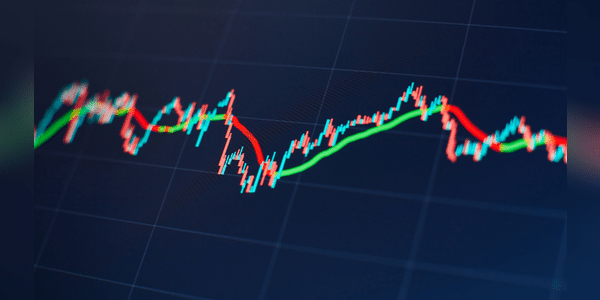Dow Theory: Could this interesting theory help you beat the market?
A theory that began to take shape 150 years ago and is still partly valid today? That's exactly what the Dow Theory is. And today we're going to look at whether it can really still be applied and followed.

The Dow Theory (Sounds weird. I like the original name better) is one of the oldest and best known theories of technical market analysis. This theory was created in 1900 by American journalist Charles Dow and his colleague Edward Jones, who together founded the Wall Street Journal. Dow's theory is based on an analysis of the Dow Jones Industrial Average $^DJI, which includes the 30 most important US stocks. This theory seeks to reveal market trends and provide useful information for investment managers and traders to make decisions about buying and selling stocks.
The Dow Theory consists of two main rules:
- The trend rule: The market is in a trend until a signal of its reversal appears. Dow distinguished three types of trends: short-term,…